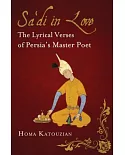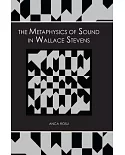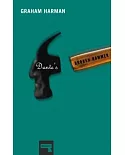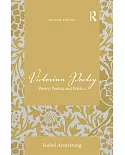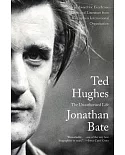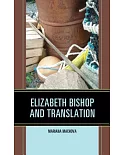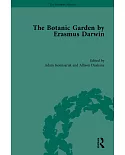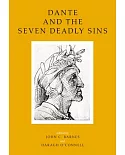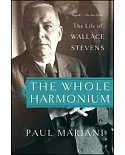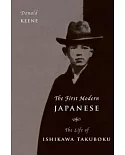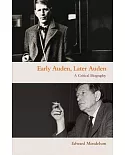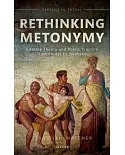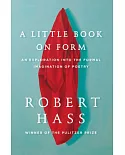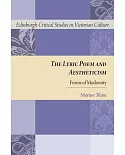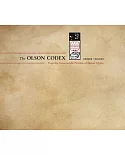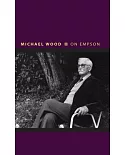Ovid, Chaucer, And Ariosto, premodern Europe's three greatest comic poets, found abundant cause for laughter in the foibles and follies of human desire. Yet they also excelled at the dangerous
game of skewering the elites on whom they depended for patronage. The resulting depictions of addled lovers and rattled rulers create a unique dynamic of trenchant critique wrapped in amusing,
enlightening, and disturbing fantasy, an achievement hailed as serio ludere, serious play, by Renaissance theorists.
Through an imaginative analysis of Ovid's amatory poetry, Chaucer's dream poems and excerpts from the Canterbury and Ariosto's epic Orlando Eurioso, Robert W. Hanning illuminates the contrast
and continuities in often hilarious, always empathetic representations of bungled desire and thwarted political authority. He also documents the response of all three poets to the "authority"
of cultural predecessors and poetic convention. Each poet lived through exciting times (Augustan Rome, late-medieval London, and high-Renaissance Italy, respectively) and their outsider-insider
status links them as memorable speakers of comedic truth to power. Providing fresh perspectives on Ovid, Chaucer, and Ariosto within their rich historical moments, Serious Play isolates the
elements that make their work so appealing centuries after they lived, observed, and wrote.


